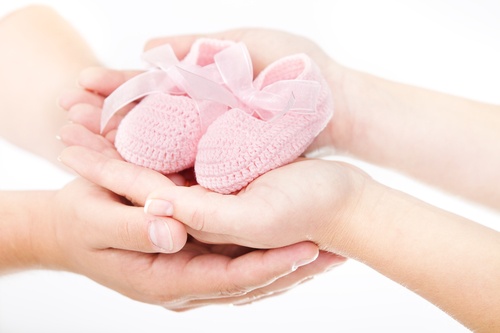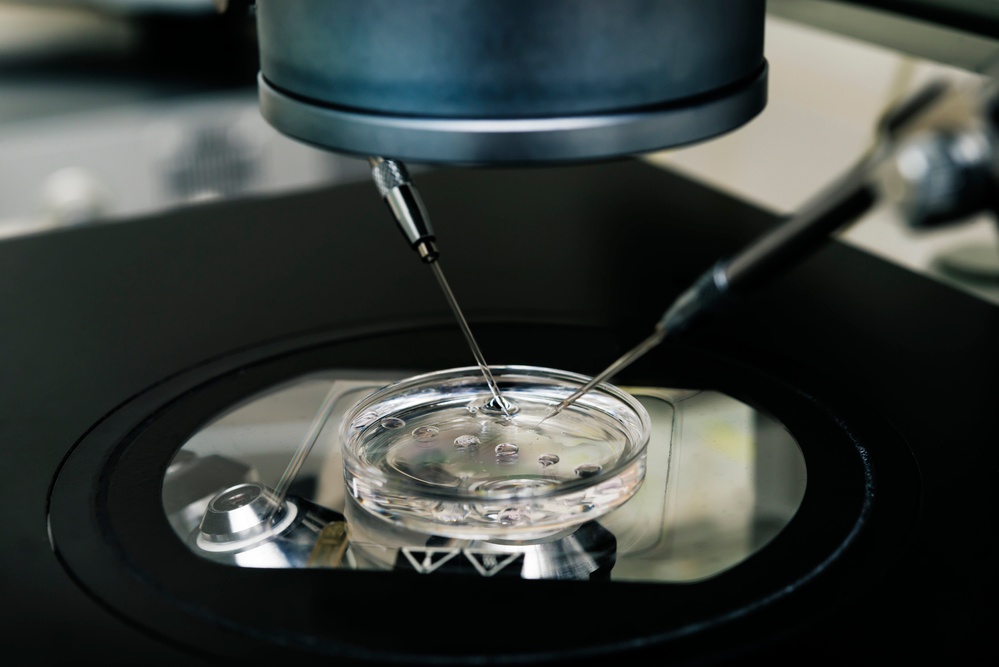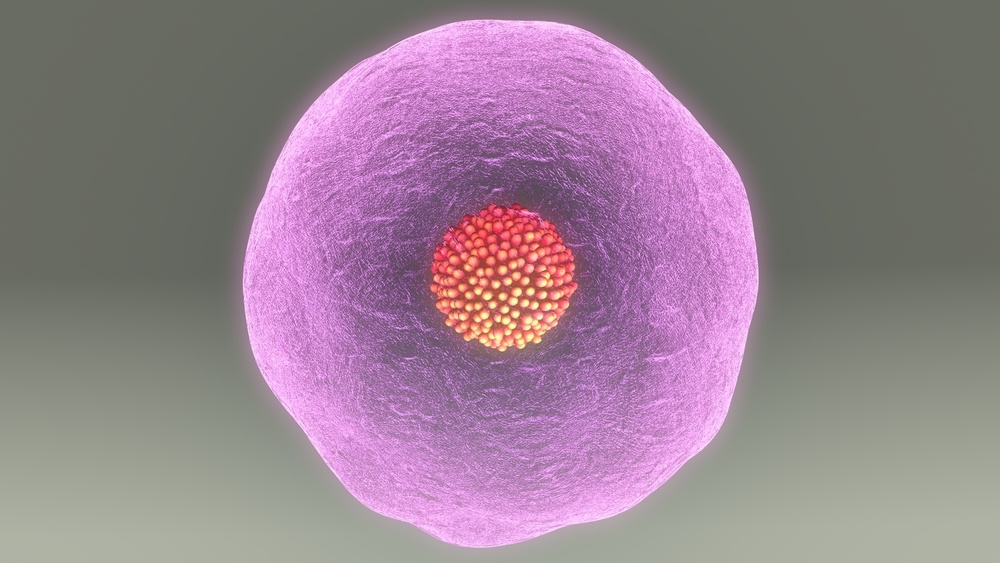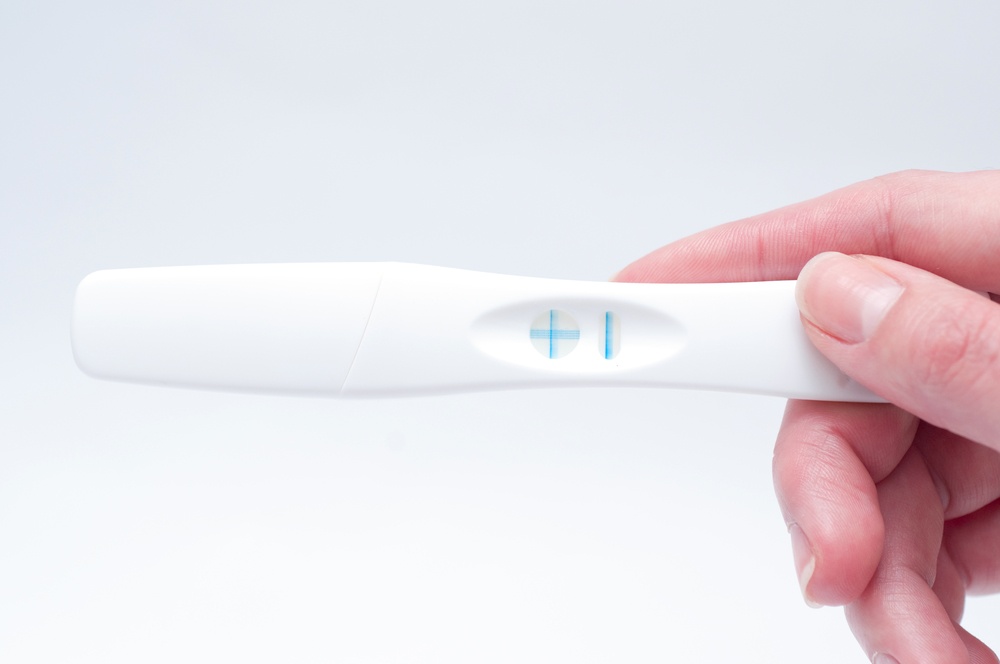For any IVF patient, the embryo transfer procedure is an exciting and stressful milestone in their fertility treatment. After the weeks of medications and monitoring, the egg retrieval procedure and the anxious wait to see how the embryos develop, this final step of the IVF process is full of potential. Once the embryos has been placed in the uterus, one last thing must happen before a patient is officially pregnant: implantation.
SCRC Contributor
Recent Posts
What to Do Before and After Embryo Transfer: Tips for Embryo Implantation
IVF Pregnancy vs. Natural Pregnancy: Is There a Difference?
After a successful round of IVF, patients might wonder what they can expect from an IVF pregnancy. The process of achieving pregnancy with the help of assisted reproductive technologies (ART) can seem far removed from “natural” conception, and some women worry that this difference will continue into the pregnancy.
How Does Egg Freezing Work? Understanding the Egg Freezing Process
Egg freezing, or “oocyte cryopreservation,” is a technology that can help to slow down the clock for women who know that they want to get pregnant someday, but also want more time. Age-related fertility problems are one of the most common issues that fertility clinics see, and most of these are related to the decrease in egg quality and quantity.
IVF Miscarriage: Know Your Risks
When you have been through the heartbreak and stress of infertility, sometimes for years, discovering that you are pregnant after IVF can bring mixed emotions. You may expect the joy, relief, and excitement, but for some women, the undercurrent of anxiety can be overwhelming. The most common fear is pregnancy loss, especially if you have suffered one or more miscarriages in the past.
The Most Common Causes of Male Infertility
IVF Surrogacy: An Overview of the Process
Surrogacy has been around since the 1980s, but in the early years it was often shrouded in secrecy and legal red tape. These days, advances in medicine, law, and public awareness have allowed IVF surrogacy to become a routine option for many people who might otherwise never have the chance to have a baby who shares their genetic heritage.
The Evolution of Fertility Treatments and Development of IVF
The development of in vitro fertilization (IVF) can be traced back to the moment when doctors first began thinking scientifically about the causes of what was then referred to as “sterility.” Previously infertility was considered a divine rather than a medical matter, and the inability to have children was considered either a judgement or a trial from God. At the turn of the 19th century, as science began gain ground in modern thought, doctors began to reconsider whether they could intervene in matters of infertility.
Embryo Transfer: What to Expect After the Procedure
The embryo transfer procedure is the final step of the IVF process. You have been through the weeks of medications, the monitoring, and the egg retrieval, and the resulting embryos have been cultured in the lab for three to six days until they are ready to be transferred to your uterus. If your embryos were frozen, either to give your body a rest before transfer or because they were left over from an earlier cycle, they will be carefully thawed before the procedure.
Infertility Community Resources to Use During Fertility Treatments
The struggle with infertility can be a crushing emotional experience for many people. Feelings of shame, fear, anger, and depression are common. Although you may know intellectually that infertility is nobody’s fault, the sense of failure at something that is “supposed to be” so basic and natural can be overwhelming.
IVF Pregnancy: What to Expect Emotionally and Physically
Getting confirmation that you are pregnant is a life-changing moment for any woman. For someone who has been through IVF, it is especially poignant and powerful. It’s quite likely that you have been longing for this positive pregnancy test for many years, and when it finally arrives, the emotion may be overwhelming.














